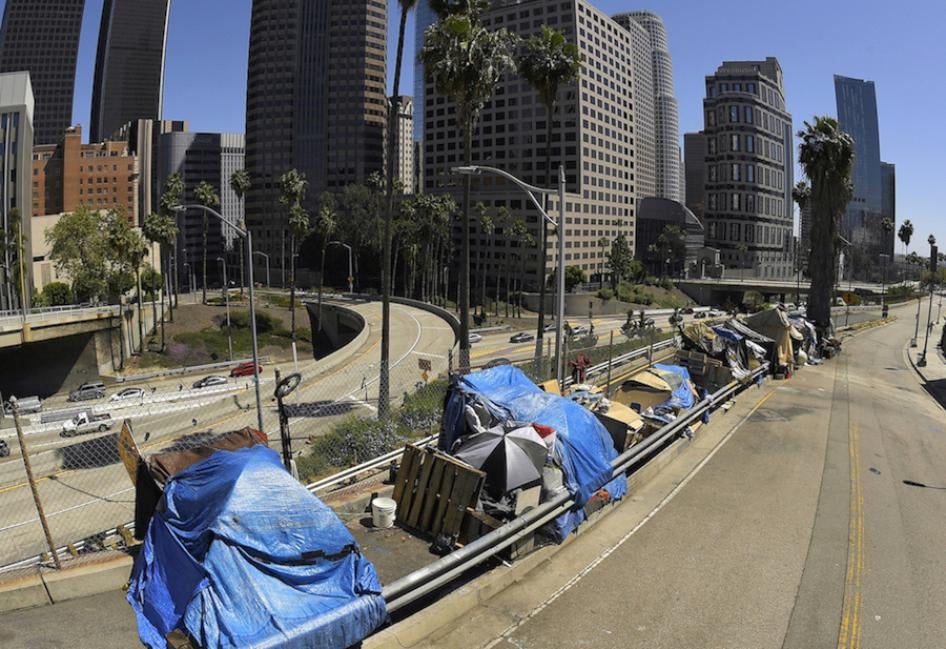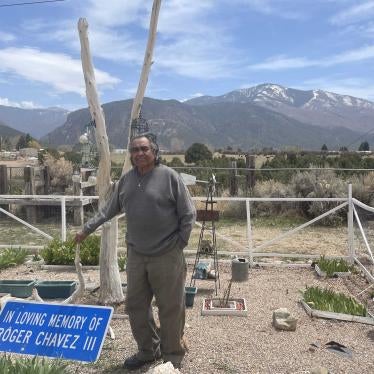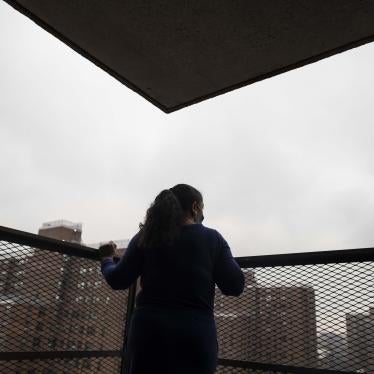This November, voters in the United States city of Los Angeles will have the opportunity to promote the human right to housing in a city where over 41,000 people, among the highest number in the nation, are currently unhoused, and many more face housing insecurity. Measure ULA seeks to address this crisis by taxing high-dollar real estate transactions to fund desperately needed affordable housing. Human Rights Watch strongly endorses this rational approach to address houselessness.
Service providers, affordable housing nonprofits, and renters’ rights groups collaborated to draft Measure ULA, drawing from their learned experiences of what it takes to make an impact on the houselessness crisis. Since then, over 200 additional organizations have joined the call to endorse this initiative.
Measure ULA would create a 4 to 5.5 percent tax on the sale of property worth over US$5 million. The money generated by this tax would be used immediately to buy and build more permanent affordable housing, provide rental or cash subsidies to low-income older people and people living with disabilities, and offer legal resources for those facing evictions.
Los Angeles’ housing crisis stems from a government failure at all levels to take the right to housing seriously and is discriminatory in its origins. California’s constitution requires a local referendum before public housing projects can be built in a community, the result of alarmist fears around property values and integration. This hurdle has helped to cement decades of racially discriminatory housing policies in the state. Los Angeles itself has a history of racist housing discrimination, which has contributed to making the city metro area one of the country’s least affordable and most racially segregated.
Housing is a human right. All levels of government have a responsibility to ensure universal access to affordable permanent housing and to prevent houselessness. Measure ULA is a community-led effort that, if approved, would make Los Angeles better, safer, and more equitable.










